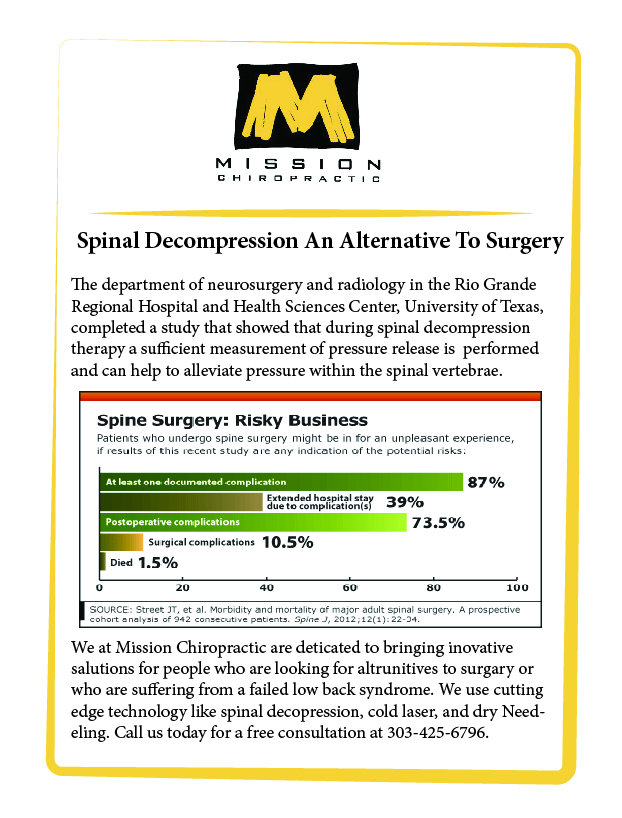Think beyond the gut when it comes to non-celiac gluten sensitivity


Gluten sensitivity is not primarily a gut problem. The G.I. tract is where gluten is first ingested into the body and reaction to gluten was first discovered. Recent scientific studies have shown that of those patients with elevated antibodies to gluten ,only one in nine manifested bowel symptoms. The brain and nervous system are one of the main areas that are damaged by inflammation caused by gluten. Most celiac patients also have headaches and balance problems. When the cause of neurological disease was unknown, 57% were shown to have elevated antibodies to gluten. Most of these patients do not have any G.I. symptoms. Gluten sensitivity can be one of the causes of ataxia which is the loss of balance and coordination. Peripheral neuropathy’s can also fall into this category. An Italian study showed that a gluten-free diet seems to protect individuals with a sensitivity to gluten from developing additional autoimmune diseases. An autoimmune disease can attack any tissue in the body such as the thyroid gland or the nervous system. Anyone with a neurological or autoimmune disease of an unknown cause should have antibody testing to gluten performed. A good resource for ataxia and gluten sensitivity is Marios Hadjivassiliou M.D.who published a paper in The Lancet Neurology titled Gluten Sensitivity from the Gut to the Brain.
Fred Lewin D.C.
Health Update: potential liver damage caused by popular antifungal medication


Nizoral a popular drug used to treat fungal and yeast infections has been banned in Europe and Israel due to dangerous side effects. (See attached article for details). There are many natural options available for treating fungal infections with herbs, homeopathy, and essential oils. Email us at [email protected] with any questions.
[button link=”http://www.jpost.com/Breaking-News/Sale-and-use-of-Nizoral-against-fungal-infections-barred-331016″ type=”big” newwindow=”yes”] Click here to read full articles [/button]Stress Linked To Diabetes
We are all aware of the epidemic in America of type two diabetes as a result of poor diet and lack of exercise. An article this week in JPost.coms showed how acute stress as well as chronic long-term stress in certain individuals leads to an increase in blood sugar levels. This is not a surprise to those of us in the health community who do a lot of work on patients with adrenal fatigue and adrenal exhaustion and understand how stress affects the adrenal gland brain and nervous system.
Supplements To Keep Your Body In Balance
We’re excited to distribute Thorne Researches new branched-chain amino acid supplement called DaxibeQOL. Amino acids are the building blocks of protein which is required by every cell in the body. The body does not store protein as it does fats and carbohydrates. Protein digestion requires a lot of energy and can be impaired due to gut dysfunction as we approach middle and old-age. This supplement increases mitochondrial activity as well as increasing the number of mitochondria per cell. This results in increased energy, stamina, strength and balance, and lean muscle mass. Studies have shown type two diabetics can also be helped due to improved glucose handling resulting in lower hemoglobin A-1 C blood levels. The supplement can also help those on chemo or radiation therapy to maintain strength and muscle mass. The difference between Thornes amino acids versus similar products on the market is the ratio of branched-chain amino acids to the other amino acids in the formula. The ratios of amino acids in this formula have been studied for over 20 years and Thorne has the exclusive rights to distribute this product in United States. For more information on this product, you may follow the link bellow to view a video that goes into more detail about this product.
Acupuncture Supports Immune System In Cancer Patients
Acupuncture Stimulates Natural Killer Cells that Attack Cancer
Vol 15 Issue 54
A unique new study by researchers at the Department of Medicine, University of California, strongly suggests that Acupuncture may stimulate the production of “natural killer” cells, called NK cells, that attack and kill cancer cells.
The study approach is unique because it examined earlier studies, and then applied current biological science to explain the findings.
First, the study surveyed an enormous body of earlier research that has already shown how Acupuncture is helpful in many different aspects of cancer treatment.
Research has demonstrated that Acupuncture reduces the incidence of chemotherapy-induced acute vomiting, for example. Other findings show acupuncture can manage some cancer-related pain. Promising evidence suggests that acupuncture relieves fatigue in cancer patients and survivors. Evidence is also accumulating that acupuncture alleviates cancer-related neurological issues, breathlessness, hot flashes and “dry mouth”.
“In sum,” say the researchers, “there are substantial empirical grounds to assume that clinicians could use acupuncture to help patients better tolerate conventional cancer therapies by reducing associated side-effects. Further, the evidence is very strong that acupuncture is an extremely safe therapy. In short, the research implies that acupuncture is a helpful, versatile and safe treatment modality for patients with cancer.”
Despite all these apparent benefits, the authors state, the conventional oncology community “has shown itself reluctant to integrate acupuncture and other complementary and alternative medicine (CAM) modalities into their treatment plans for patients with cancer.”
One reason has been a concern that symptomatic relief is due to “spontaneous remission” rather than the CAM intervention. Another is that the scientific community “lacks both the scientific evidence and biomedical understanding” to consider that CAM procedures would work.
However, this new study applied accepted cellular immunology and molecular biological theory to interpret and synthesize the evidence from earlier animal and human studies and the findings clearly suggest that Acupuncture can help.
Results indicate that clinicians should use acupuncture to promote NK cell activity to enhance anticancer immune function.
SOURCE: National Center for Biotechnical Information, from Evidence-Based Complementary and Alternative Medicine, Volume 2011. http://www.ncbi.nlm.nih.gov/pmc/articles/PMC3135660/?tool=pubmed



